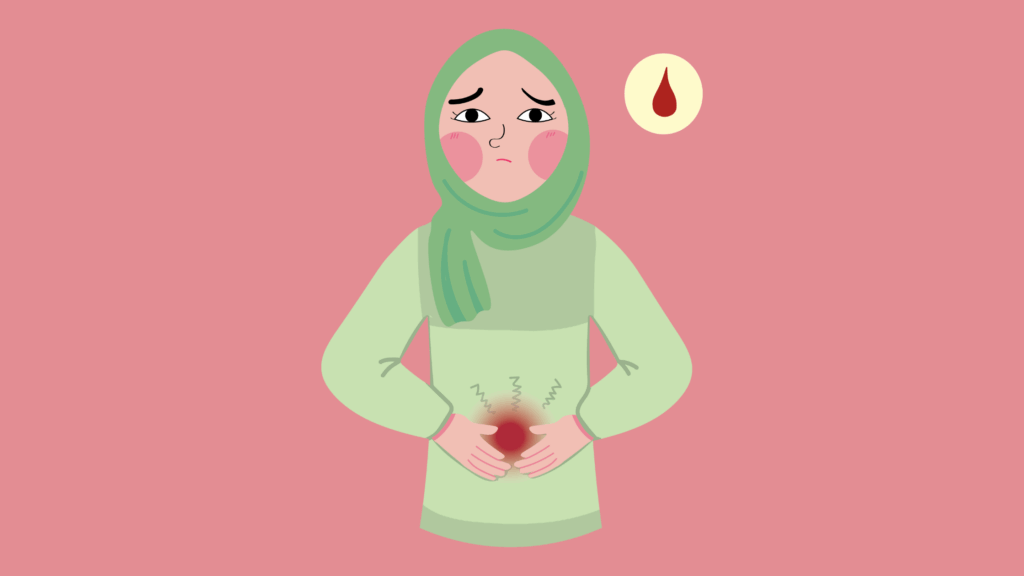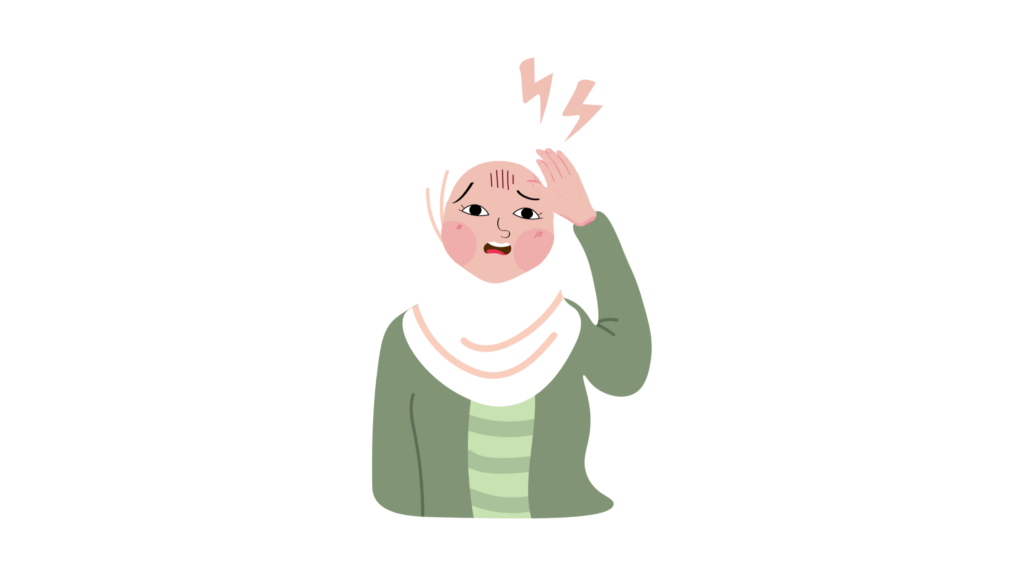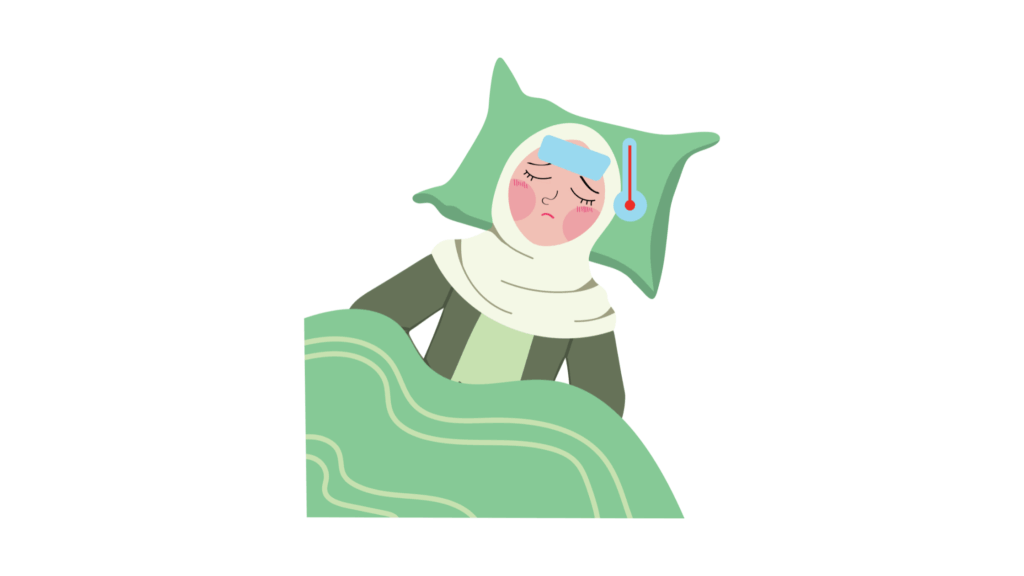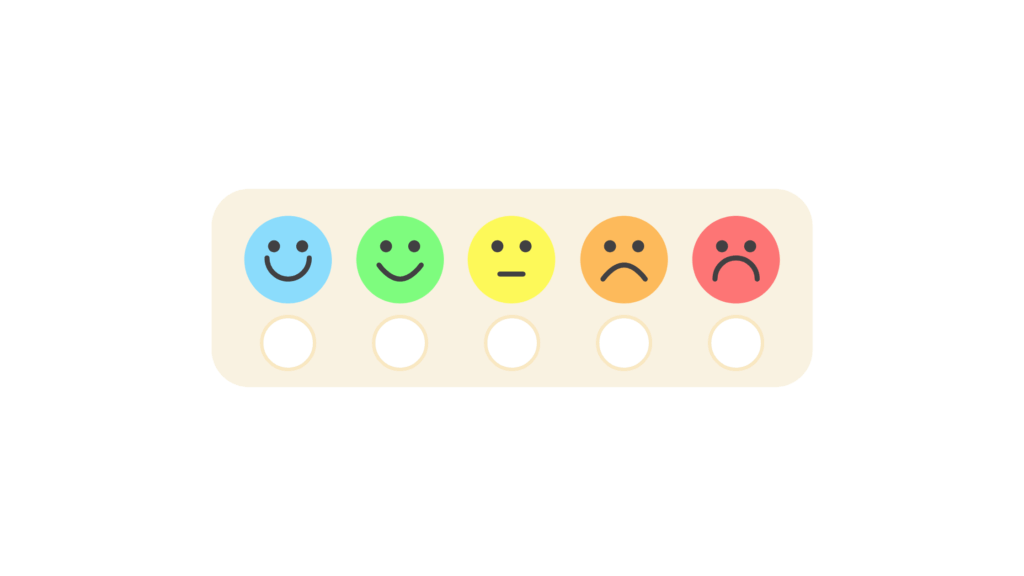What’s the Real Difference between PMS and PMDD?

You might have heard of PMS (Premenstrual Syndrome), but have you heard of PMDD (Premenstrual Dysphoric Disorder)?
This is a guest blog written by Athika Ahmed, a young activist part of the Love Your Period Campaign.
If you have a period, you’ve probably experienced some kind of physical or emotional weirdness before it starts. Usually, we just call that PMS (Premenstrual Syndrome) and accept it as part of the package.
But sometimes those symptoms get way worse than just feeling a little cranky or bloated. When it starts messing with your daily life, it might not actually be PMS. There’s a lesser-known, tougher condition called PMDD (Premenstrual Dysphoric Disorder) that doesn’t get talked about enough but really should.
What is PMS?
PMS usually means stuff like mood swings, feeling tired, bloating, irritability, or sore boobs. These things tend to kick in a week or two before your period and usually calm down once it starts.
Yeah, PMS sucks, but for most people it’s manageable. Changing up your diet, getting some exercise, or just taking care of yourself can help a lot. It usually doesn’t completely mess up your day-to-day life.
But then there’s PMDD
PMDD can have a lot of the same physical symptoms as PMS, which can be awful, but the emotional stuff is on a whole different level. People with PMDD deal with things like severe mood swings, deep anxiety, depression, irritability, or even hopelessness.
These feelings aren’t just annoying. They can make it really hard to work, go to school, or even be around people. The crazy part is that these symptoms usually disappear when your period starts, which makes the whole thing feel super confusing and frustrating.
What causes PMDD?
No one knows exactly why PMDD happens, but scientists think it’s about how your brain reacts to the normal hormone changes during your cycle. It’s not about having too much or too little hormone; it’s more like your brain is extra sensitive to those shifts.
How do you know which one you have?
If you think your symptoms are way worse than regular PMS, try tracking them for a couple of cycles. Write down when they start, how long they last, and how intense they are.
If these symptoms hit hard every time before your period and seriously affect your mood or life, it’s a good idea to talk to a doctor about it.
PMS and PMDD are both real, but they’re definitely not the same thing. If your symptoms are intense and hurting your life, don’t ignore them. You know your body best, and you deserve help, not to be told you’re just overreacting.
Support from Meic
This is a guest blog written by Athika Ahmed, a young activist part of the Love Your Period Campaign. Read more blogs from the campaign.
Meic want to amplify young people’s voices across Wales, using our platform to co-produce meaningful content that truly reflects their experiences and helps drive positive change. That’s why we’ve teamed up with Love Your Period to create our “Love Your Period” campaign.
The Love Your Period Campaign aims to end period poverty by ensuring free access to menstrual products and to combat period stigma through better education and open conversations. It strives to make periods a normal, accepted topic, ensuring everyone has dignity and support during menstruation.
Affected by anything you read about in this blog? Reach out to our friendly advisors on the Meic helpline. Meic is there for children and young people in Wales to get free information, advice, and advocacy every day from 8am to midnight. We’re someone on your side.























